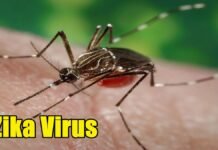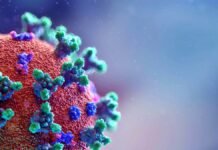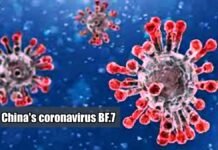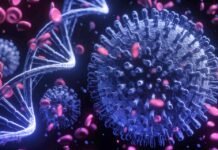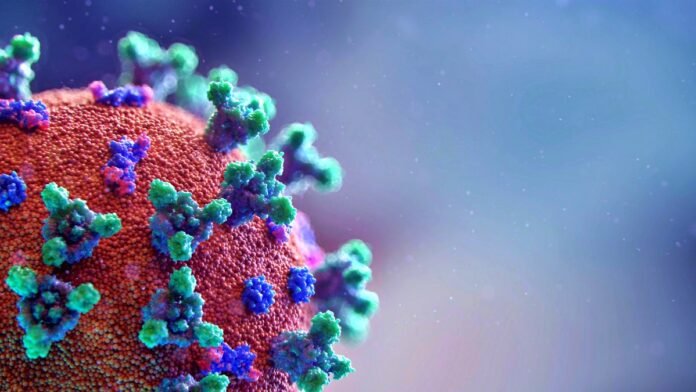
New Delhi: JN.1 is a new sub-variant of the coronavirus that has been detected in India and other countries. The World Health Organization (WHO) has classified it as a variant of interest (VOI), which means it has genetic changes that may affect its characteristics, such as transmissibility, severity, or immune escape.
How dangerous is JN.1?
According to the WHO, JN.1 does not pose much threat to public health at the moment. “Based on the current evidence, the additional global public health risk posed by JN.1 is currently considered low,” the health organization said in a statement on Tuesday. The WHO also said that JN.1 is not related to the Omicron variant, which has been classified as a variant of concern (VOC) and has sparked global alarm.
Where did JN.1 come from?
The first case of JN.1 was reported in Kerala, India, on December 8. A 79-year-old woman who had no travel history was found infected with it in the state. She later died of COVID-19 complications. The state health authorities said that JN.1 was not the cause of her death, but a co-infection.
How is India responding to JN.1?
The detection of JN.1 has prompted many states to be on alert and increase their surveillance and testing. The Central Government has issued advisories to the states regarding monitoring the situation of coronavirus and remaining alert. The Center has advised states to ensure adequate tests, including RT-PCR, and send positive samples to INSACOG laboratories for genome sequencing. INSACOG is a network of 37 labs that tracks the genomic variations of the coronavirus in India.
What are the symptoms of JN.1?
The symptoms of JN.1 are similar to those of other variants of the coronavirus, such as fever, cough, sore throat, loss of taste or smell, and shortness of breath. However, some experts have suggested that JN.1 may cause more gastrointestinal symptoms, such as nausea, vomiting, and diarrhea. This is based on the observation that JN.1 has a mutation in the spike protein that is also found in the Alpha and Beta variants, which were associated with more digestive issues.
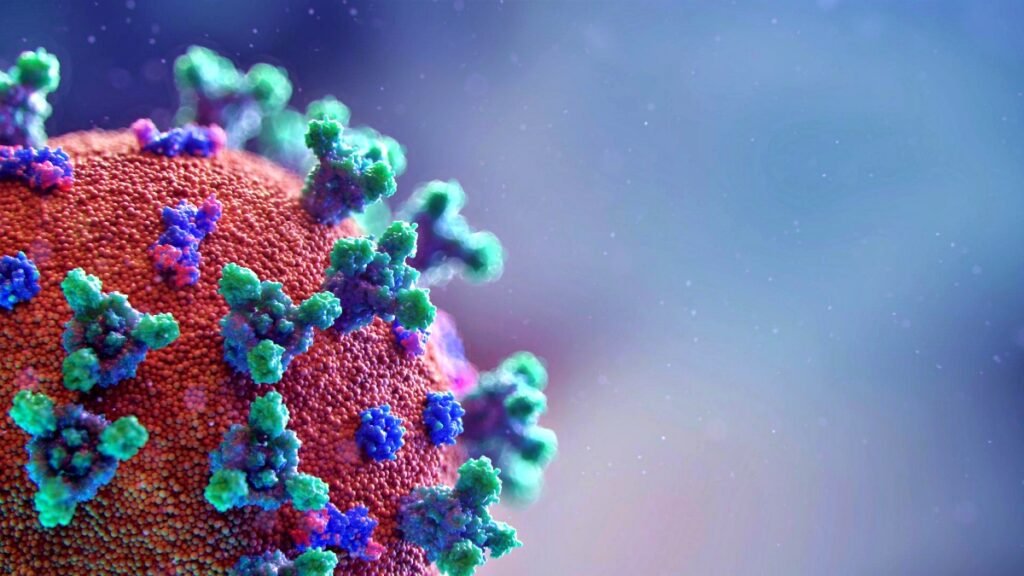
How can we prevent JN.1?
The best way to prevent JN.1 and other variants of the coronavirus is to follow COVID-19-appropriate behavior, such as wearing a mask, maintaining social distancing, avoiding crowded places, and washing hands frequently. Additionally, getting vaccinated and boosting immunity are also important to reduce the risk of infection and severe disease. The WHO has said that the existing vaccines are likely to provide some protection against JN.1, but more studies are needed to confirm this.


















